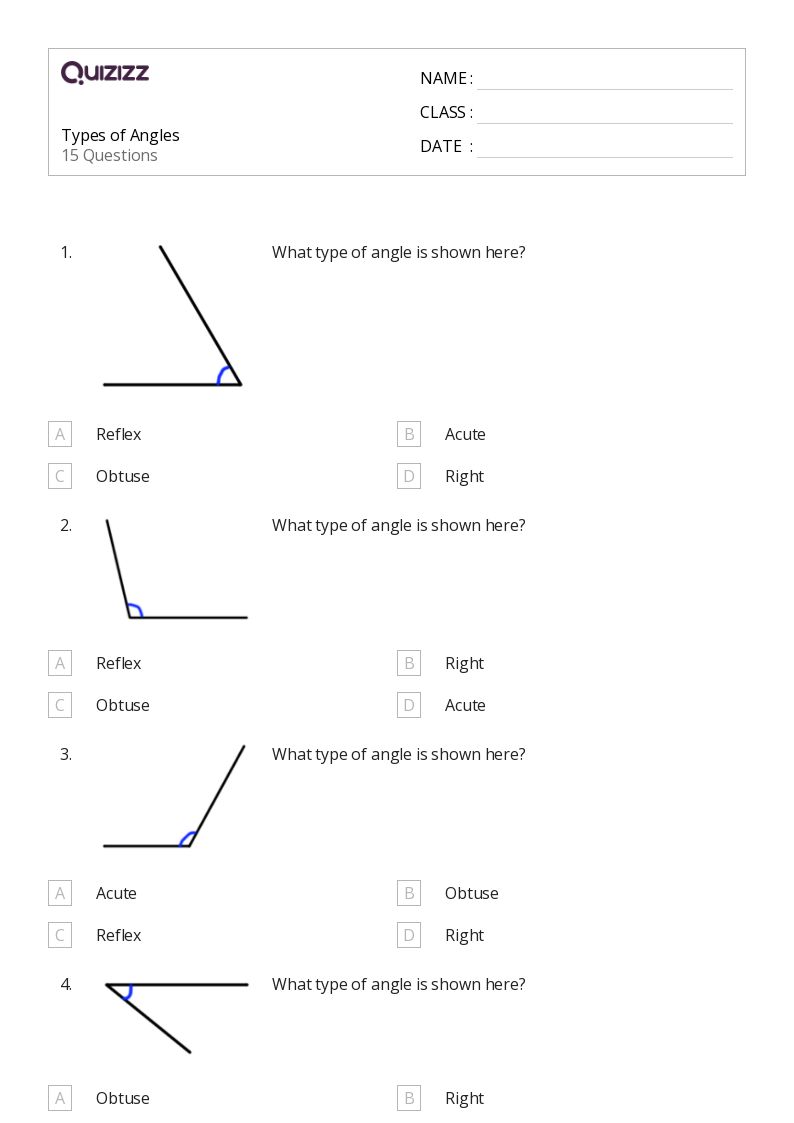
30 Q
9th - 10th

15 Q
9th - 12th

20 Q
9th - 11th

15 Q
9th

10 Q
7th - 9th

12 Q
9th

13 Q
9th

10 Q
9th - 10th

15 Q
9th

17 Q
9th - 12th

10 Q
9th

12 Q
2nd - 9th

10 Q
9th - 12th

12 Q
9th - 10th

10 Q
9th

9 Q
6th - 9th

19 Q
9th

20 Q
9th - 12th

11 Q
8th - 9th

20 Q
9th - 12th

15 Q
6th - 9th

15 Q
9th - 11th

17 Q
8th - 9th

15 Q
8th - 9th
Explore Other Subject Worksheets for class 9
Explore printable types of reproduction worksheets for 9th Class
Types of reproduction worksheets for Class 9 are essential resources for science teachers who aim to provide their students with a comprehensive understanding of the biological processes involved in reproduction. These worksheets cover a wide range of topics, including sexual and asexual reproduction, the structure and function of reproductive organs, and the various stages of development in both plants and animals. Designed specifically for Class 9 science curriculums, these biology worksheets are an excellent tool for reinforcing classroom lessons and promoting student engagement. Teachers can easily integrate these worksheets into their lesson plans, using them as homework assignments, in-class activities, or even as assessment tools to gauge student comprehension of the material.
In addition to types of reproduction worksheets for Class 9, teachers can also utilize Quizizz, an interactive learning platform that offers a variety of engaging resources for science and biology education. Quizizz provides a vast library of quizzes and games that cover a multitude of topics, including reproduction, genetics, and cell biology, making it an ideal supplement to traditional worksheets. With Quizizz, teachers can create custom quizzes tailored to their specific curriculum, track student progress, and even assign quizzes as homework or in-class activities. Furthermore, Quizizz's gamified approach to learning encourages friendly competition among students, fostering a fun and collaborative learning environment. By incorporating both types of reproduction worksheets for Class 9 and Quizizz into their teaching strategies, educators can effectively enhance their students' understanding of essential biology concepts and promote a deeper appreciation for the wonders of science.
